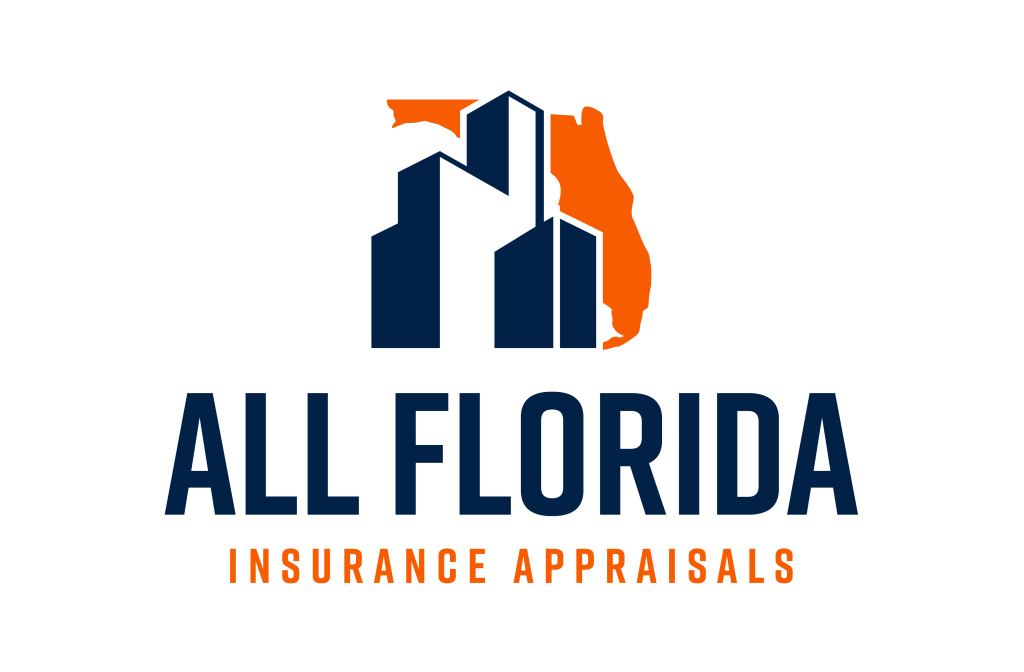Florida property owners living in flood-prone areas are often familiar with FEMA requirements, but one of the most critical and misunderstood rules is the FEMA 50% Rule. This rule directly impacts how much work can be done on a damaged or aging structure in a designated flood zone. One of the most effective ways to navigate this rule is by obtaining FEMA 50 Rule appraisals, which help determine whether improvements or repairs to a building can legally proceed.
Whether you’re a commercial property owner, a condo association, or a homeowner planning renovations, understanding FEMA 50 Rule appraisals could save you thousands in unexpected costs and keep you compliant with local and federal regulations.
What is the FEMA 50% Rule?
The FEMA 50% Rule is a guideline used by the National Flood Insurance Program (NFIP) that restricts how much you can spend on repairs or improvements for a building located in a Special Flood Hazard Area (SFHA). Specifically, if the cost of repairs or renovations exceeds 50% of the building’s market value (excluding land), then the entire structure must be brought into full compliance with current floodplain management regulations. This may include elevating the structure, using flood-resistant materials, and other modifications that are often costly.
The intention behind the rule is to minimize future flood damage by discouraging substantial investments in non-compliant structures that remain vulnerable to flood risks.
Why FEMA 50 Rule Appraisals Are Critical
The key to navigating the 50% Rule lies in the accuracy of the building’s appraised value. FEMA requires that a current market value of the structure—separate from land value—be established by a qualified appraiser. This is where FEMA 50 Rule appraisals become essential.
A well-documented and credible appraisal can increase the building’s official value, allowing for more substantial repairs or renovations without exceeding the 50% threshold. On the other hand, an inaccurate or outdated appraisal may limit your options or result in costly upgrades.
When Do You Need a FEMA 50 Rule Appraisal?
You’ll likely need a FEMA 50 Rule appraisal in situations such as:
-
Rebuilding after flood or hurricane damage
-
Renovating or remodeling a structure in a flood zone
-
Selling or refinancing a property requiring flood compliance
-
Applying for permits for substantial improvement projects
If you’re unsure whether your planned improvements fall under the 50% Rule, a qualified appraisal is the best place to start.
What Goes Into a FEMA 50 Rule Appraisal?
FEMA-compliant appraisals are more detailed than a typical property appraisal. They focus specifically on the depreciated value of the building (excluding the land), based on local construction costs, material quality, condition, and market trends. The appraisal must be completed by a licensed professional and follow Uniform Standards of Professional Appraisal Practice (USPAP) guidelines.
Important elements of a FEMA 50 Rule appraisal include:
-
Documentation of the structure’s physical condition
-
Detailed cost breakdown of improvements or repairs
-
Current market value of the building only (not land)
-
Compliance with local floodplain ordinances
-
Independent, unbiased evaluation
Without this information, your permit application may be delayed or denied by local building departments.
The Risks of Not Getting a Proper Appraisal
Skipping or underestimating the importance of a FEMA 50 Rule appraisal can have serious consequences. If your repairs are deemed to exceed the 50% threshold without proper documentation, you may be required to elevate the structure or make extensive floodproofing upgrades—often costing tens of thousands of dollars.
Additionally, local municipalities in Florida strictly enforce FEMA guidelines to remain eligible for federal disaster assistance and flood insurance. Failing to meet their requirements could result in fines, denied permits, or even having to halt a construction project midway.
How Appraisals Influence Project Approval
A well-prepared FEMA 50 Rule appraisal can significantly influence whether or not a project moves forward. For example, if your building’s appraised value is $400,000, you’re allowed to spend up to $200,000 on improvements without triggering the requirement to bring the entire building up to code. However, if the appraisal were undervalued at $300,000, your allowable improvements drop to just $150,000—possibly not enough for what you need.
That difference can be the deciding factor in whether your renovation plans are feasible or face costly detours.
Who Should Handle Your Appraisal?
Choosing the right appraiser is crucial. Look for professionals with experience in FEMA 50 Rule appraisals, an understanding of flood zone regulations, and a solid grasp of Florida’s construction environment. An appraiser unfamiliar with FEMA guidelines could give you a report that lacks the necessary detail or format, which may be rejected by your local permitting office.
You should also verify that the appraiser is licensed, provides USPAP-compliant reports, and understands how to separate land value from building value—this distinction is a critical part of meeting FEMA standards.
The Smarter Way to Plan in Flood Zones
If you own property in a flood zone, especially in coastal Florida, FEMA 50 Rule appraisals should be part of your long-term property planning. Whether you’re recovering from a storm or planning to invest in upgrades, knowing exactly how much flexibility you have under FEMA guidelines gives you a major advantage.
Working with a knowledgeable appraiser ensures your evaluation is accurate, detailed, and compliant—giving you the best chance at permit approval and avoiding expensive surprises later.
All Florida Insurance Appraisals is proud to serve as a trusted provider of commercial insurance appraisals throughout the state. We specialize in FEMA 50 Rule appraisals and understand the intricacies of flood zone regulations, property valuation, and insurance compliance. Let us help you move your project forward with clarity, confidence, and a professional appraisal you can rely on.












